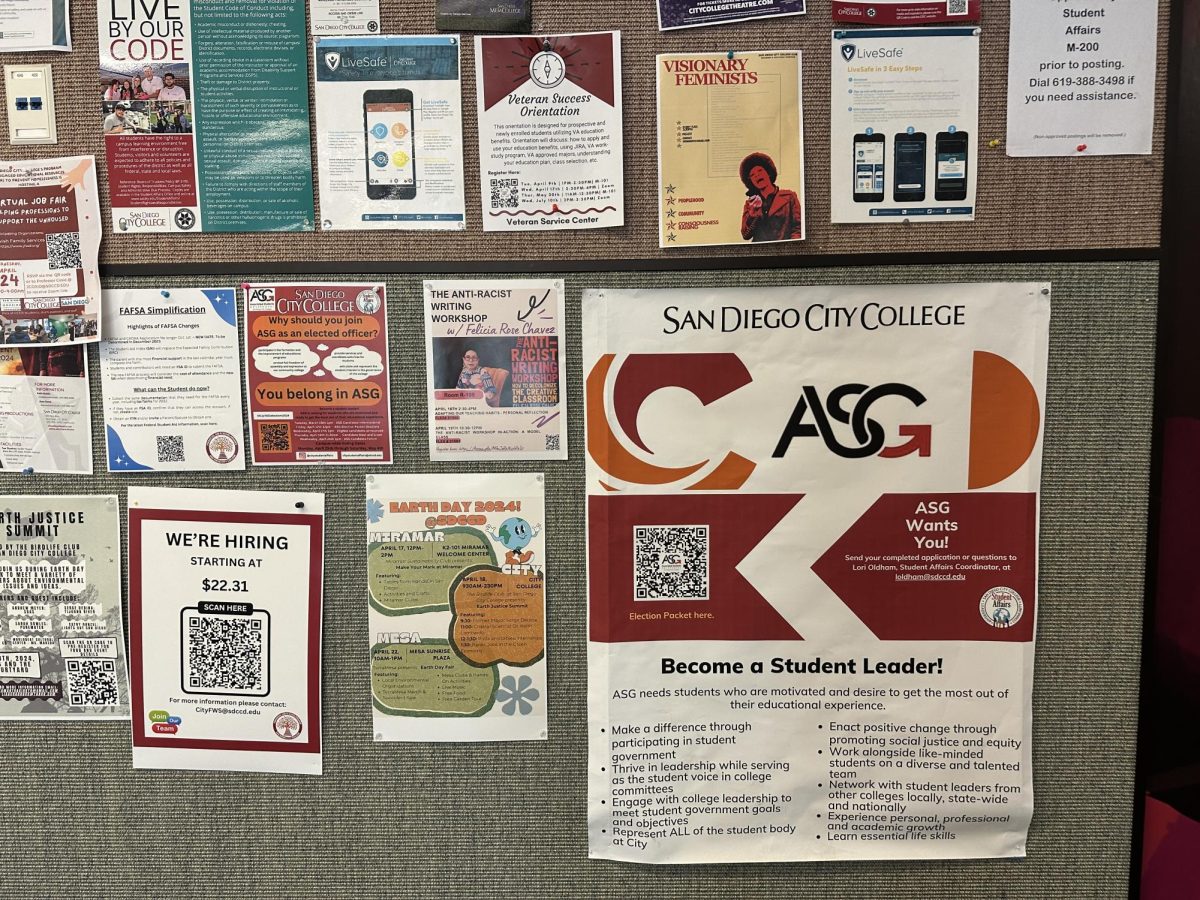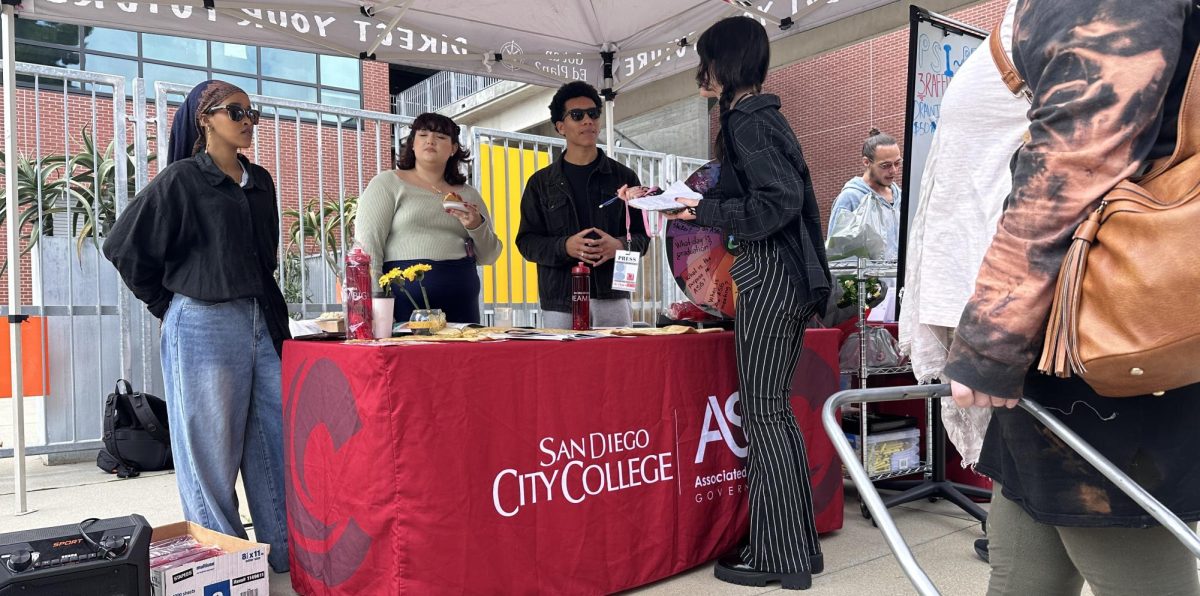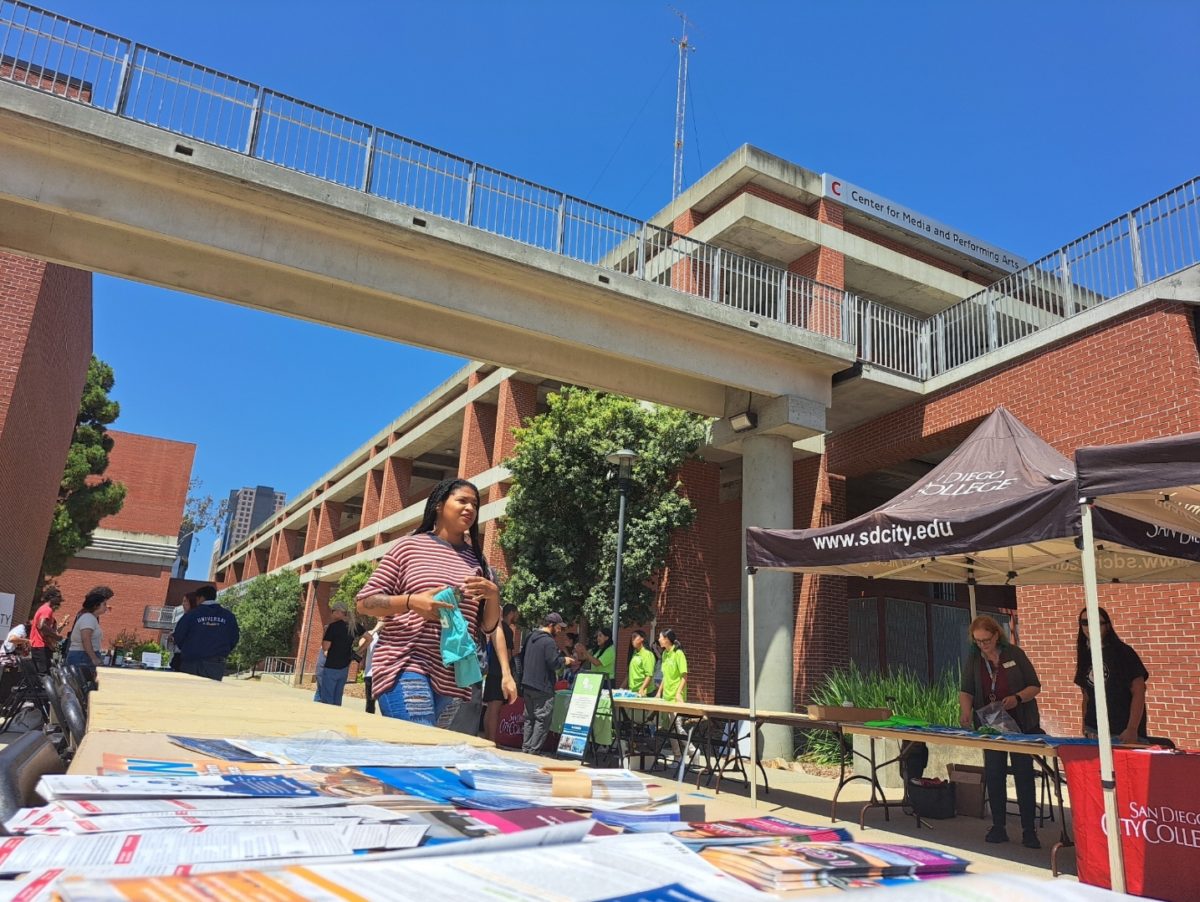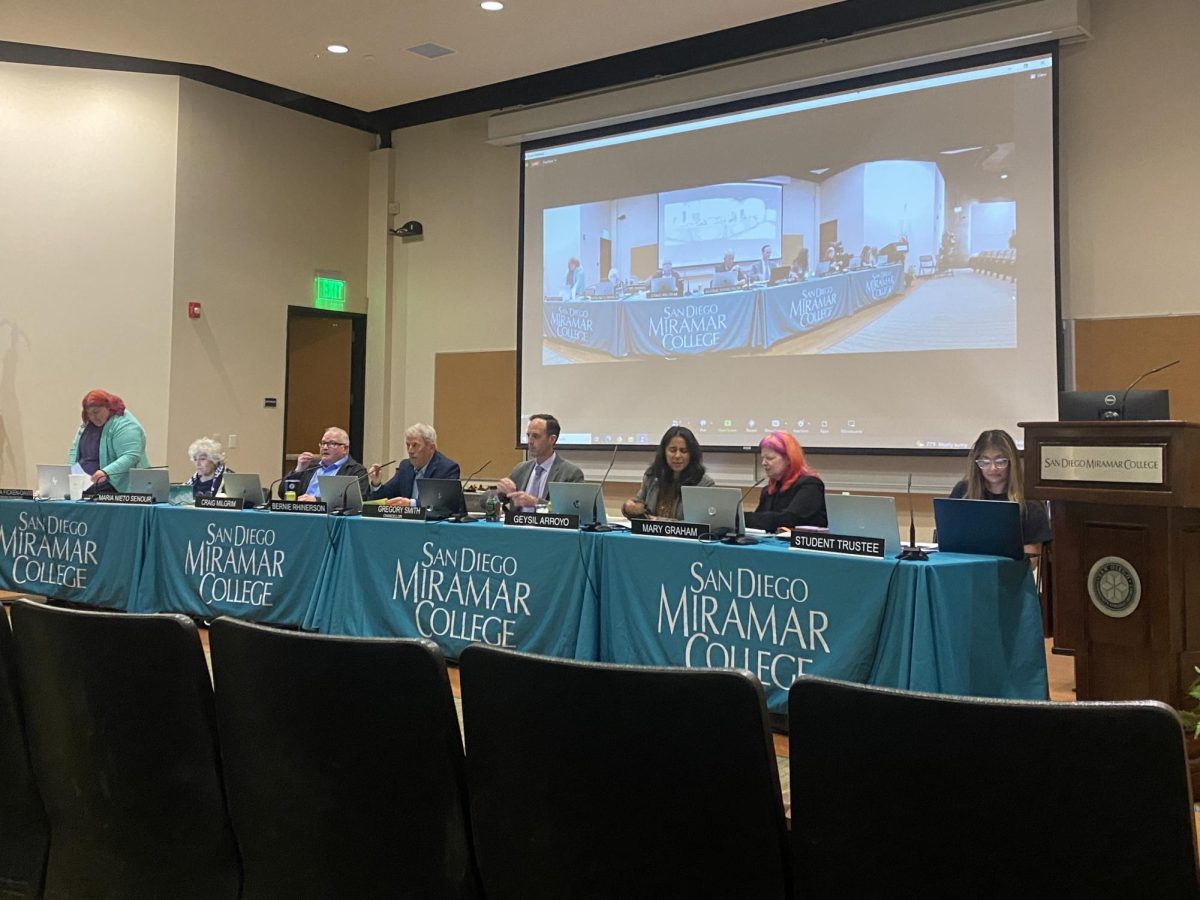Although the recent 7.2 earthquake centered in Baja California did not cause disaster, local safety authorities are encouraging families to be prepared for a major catastrophe.
Yvette Urrea Moe, the public information officer for county emergency services, said it’s important for families to have a disaster plan, have a safety kit and stay informed of disasters throughout the city.
The county emergency services have a family disaster plan and personal survival guide template on their Web site, www.readysandiego.org, that families can use for themselves.
Information on how to prepare your home for a disaster is available in the family disaster plan, some of the advice is to determine possible dangers throughout your home, assign escape routes, bolt large appliances to the floor and remove heavy items from shelves.
Urrea Moe also advises that cabinets throughout homes have latches and clips because items inside may slide out and cause harm during an earthquake.
She also said to not stand in door frames during earthquakes, contrary to popular belief, because heavy items can still fall on top of a person.
Instead, she advises to go under a table or a desk and hold on to it in case it moves during a quake.
Urrea Moe said as part of the disaster plan, students need to create a customized emergency supply kit and have one at home, work and in all vehicles.
“We never know where we are going to be during a catastrophe,” Urrea Moe said. “You may have an amazing supply kit at home, but if you are stuck at work, you won’t have access to it.”
The disaster plan does offer tips on what to include in a safety kit, but Urrea Moe elaborated on some of the recommendations.
– Non-perishable food supplies need to be rotated every six months, since certain foods could go stale.
– Have a three-day supply of water, one gallon per person per day.
– Include a radio and additional batteries; information can still be received via radio broadcasting when most other means of communication are down.
– If a family member takes medications, have a seven-day supply stored in the first aid kit, since access to doctors and medications may not be immediate.
Through Alert San Diego, families can register to receive emergency updates on their cell phones and E-mail addresses. All landlines are already registered to receive reversed 911 call.
“It’s important to register all cell phones and emails, if you are not home to answer the reversed 911 call,” Urrea Moe said. “You want to get immediate information to help you plan accordingly.”
To register also visit www.readysandiego.org. If you don’t have Internet access, call 211 and ask to be registered to the Alert San Diego system.
To avoid completely losing documents, Urrea Moe recommends photocopies of important personal documents and photographs be kept in a secure location, like bank safe-deposit box.







